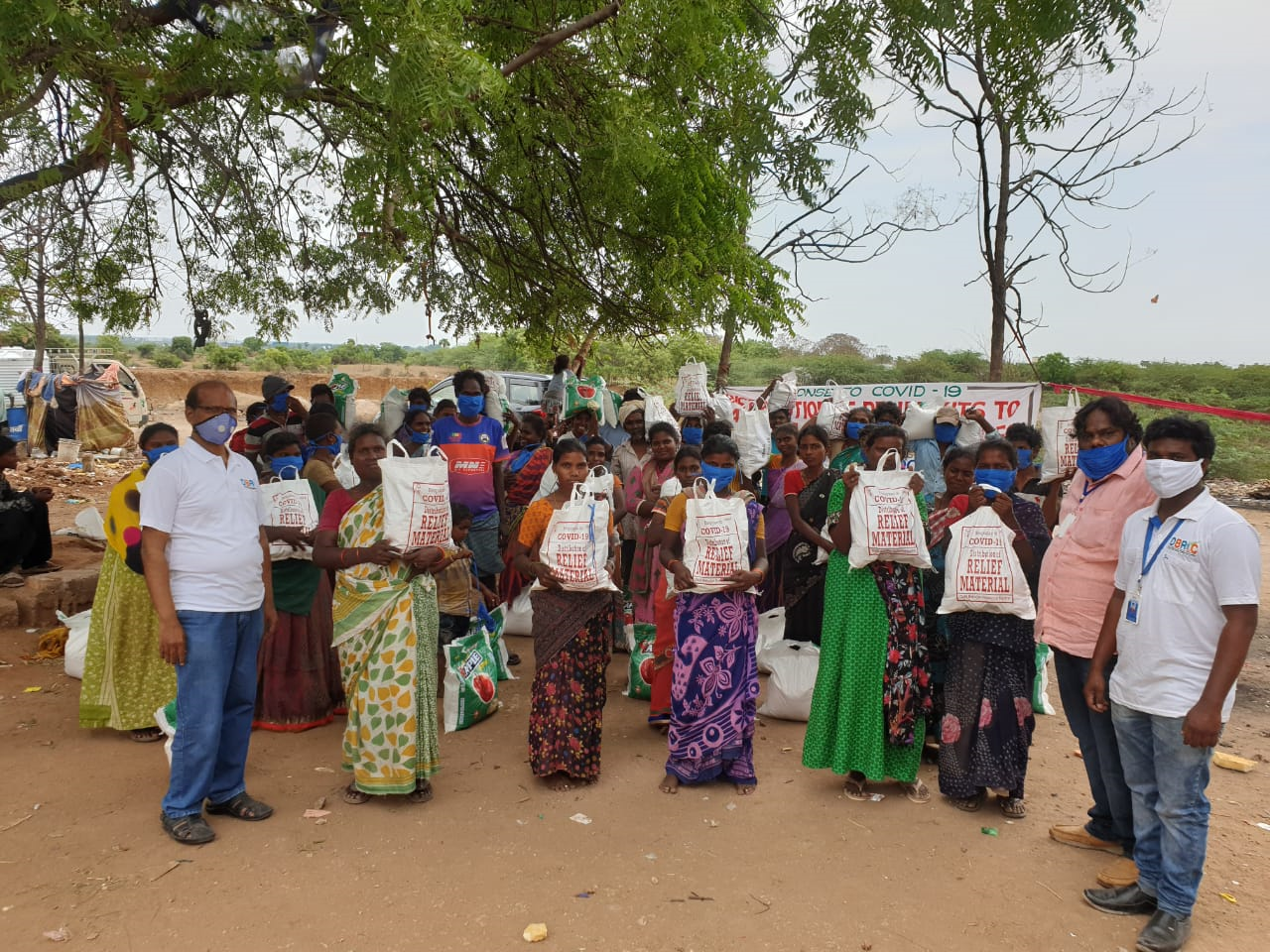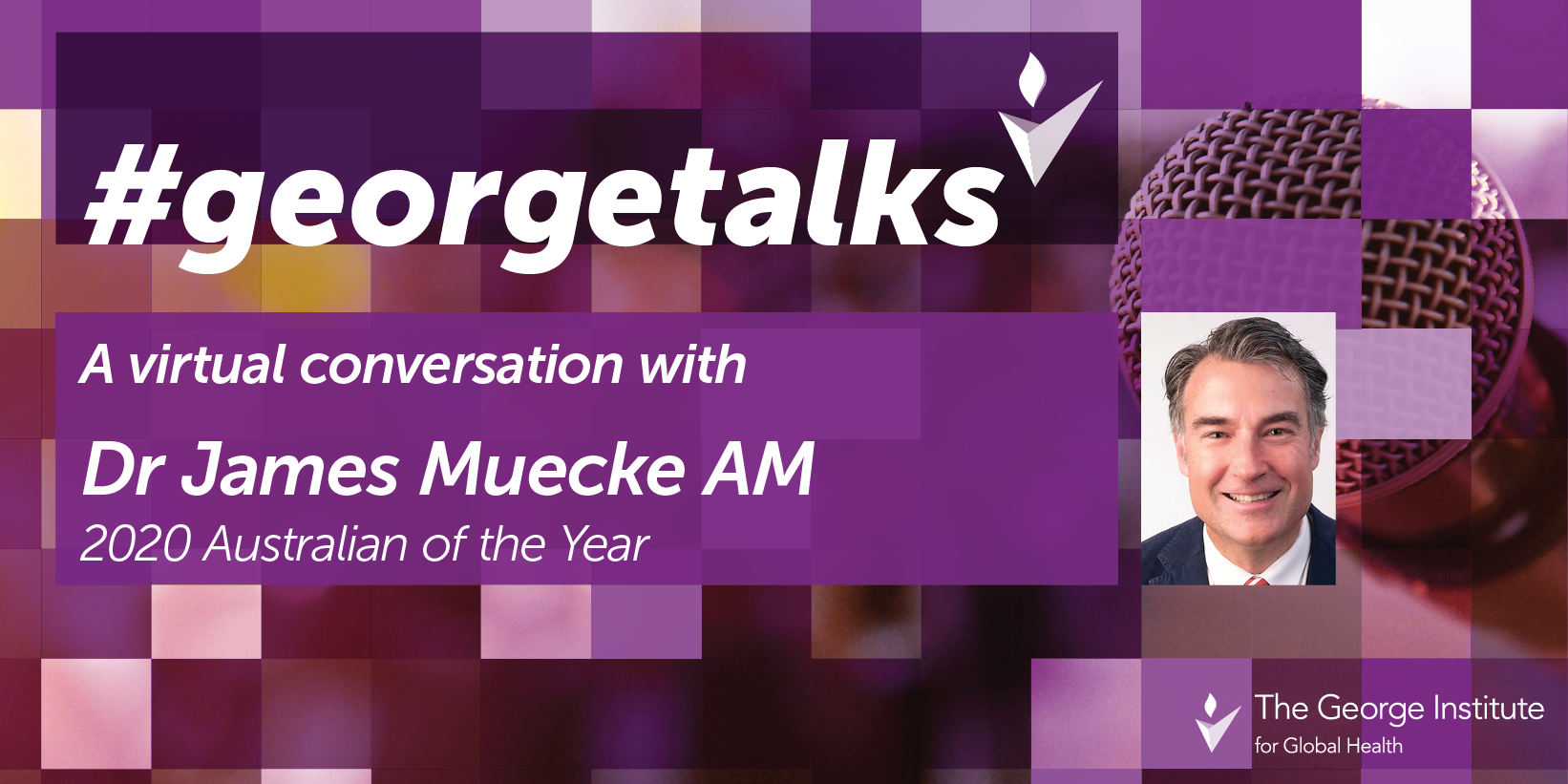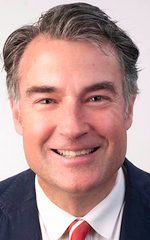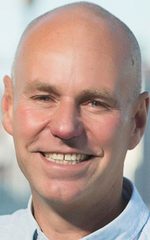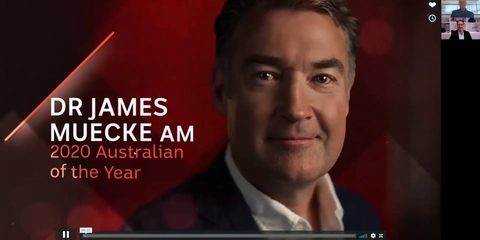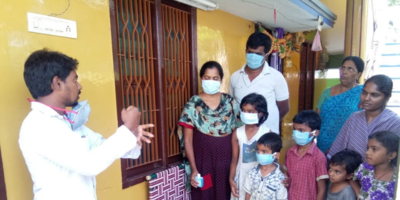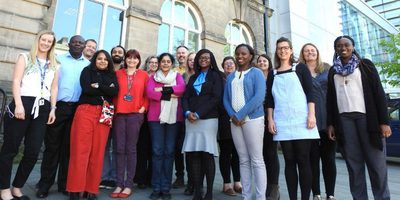During the ongoing COVID-19 pandemic, the ARISE (Accountability for Informal Urban Equity) research team at the George Institute for Global Health India, as part of its ongoing work with waste picking communities in Vijayawada and Bangalore, and safai karamcharis in Shimla, India, has undertaken activities to raise awareness regarding the safe practices for protection against the COVID-19 on the basis of the guidelines issued by the government of India.
“With minimum job security and a non-existing safety net, these waste pickers depend on their daily wages for subsistence. The lockdown has laid bare the implications of extreme poverty. Additionally, they do not have access to preventive information and the privilege to practise ‘physical distancing’ as they often live in crowded settlements and on pavements that lack minimum standards of hygiene and sanitation,” says Dr Surekha Garimella, Senior Research Fellow, TGI.
Amongst the approaches taken by the ARISE team members and the partner organizations - Safai Mazdoor Union in Shimla, Hasirudala in Bengaluru, and Dalit Bahujan Resource Centre in Vijayawada, includes setting up of a WhatsApp group, with few members from the communities, to share relevant IEC materials tailor-made for each region based on geography, language and the socio-cultural context in which these communities live.
The Safai Mazdoor Union in Shimla have been successful in arranging additional PPE and sanitisers for all the sanitation workers and door-to-door garbage collectors with the Municipal Corporation.
Hasirudala and Dalit Bahujan Resource Centre have also initiated distribution of meals and relief kits. These kits comprise rice, pulses, cooking oil, spices, and soaps. “Our objective is to support the waste picking communities and their families and to ensure that no one goes hungry,” says Mr Prasanna Saligram, another member of the ARISE hub, adding “We are also supporting the fund-raising efforts of our partner organisations to ensure the continuity of food supply for the waste pickers.”
As part of the Jan Swasthya Abhiyan (People’s Health Movement), members of the ARISE Team and partners are advocating for system level interventions to minimise the community impact of COVID-19, especially isolation and quarantine of patients suspected of, or diagnosed with COVID-19 infection, and working with the private health sector to share the public health system responsibilities and duties of care in the current crisis.
Furthermore, ARISE partners have also set up an online mental health tele-counselling system in Bengaluru which offers community members tips on wellness and mental health. Persons seeking counselling are directed to make a missed call to the number, after which they are called back and given appointments for one-on-one tele-counselling with a trained counsellor.
“At this critical juncture, when COVID-19 is being harsh on the entire world and harsher on the poor, vulnerable and marginalised, it becomes all the more important to support these communities and protect their rights,” says Shrutika Murthy, another member of the ARISE team, calling on each and every person in the country to support the vulnerable and marginalised.

